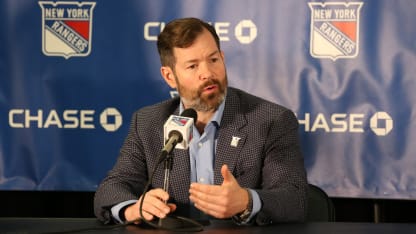Fast forward a decade or so to my retirement. I no longer needed my body in the same way, but the connection to the environment remained. Actually, the adjustment after my playing career was profound. As you get older, you get smarter and more able to handle the challenges that come with playing, you identify as the experienced athlete that you finally have become, and then you're suddenly done. And while I had always planned on going back to school to complete my degree and prepare for the next career, I was told that nothing would fulfil me like my playing days. But going to a place like Yale was incredible. The students are so dialed-in, the teachers are as good as you can find, and the campus felt like home. The entire experience was so positive. It changed my perspective from one of what I just lost to one of hope. Like, wow, there's a lot out here worth pursuing. I have young kids now. I think about their health, their future. I can and should make a difference.
The good news is that we are better than we've ever been in terms of environmental awareness and efficiency of resource use. It turns out that nobody came up with the idea that, boy, we're going to produce a lot of pollution because it's fun. Pollution simply is waste; a byproduct of the way we've lived, part of the downside of the incredible scientific, medical and technological breakthroughs we have. We get used to doing things the way we've done things. It works in the short run. In the long run, it doesn't. We must be much more effective with how we deal with waste in all forms. When you're wasting, you're losing not just resources, but money, opportunity, and ultimately, potential.
Earth Day underscores a pivot that has taken place in the environmental movement. If you talk to people in the 1960s, 1970s and even the 1980s, conservation was about sacrifice: put on a sweater and turn down the thermostat to save the spotted owl and trees. These are important things, but pretty difficult to compete for brain space when people are trying to put food on the table. Today we speak of infrastructure improvements, healthier buildings and more efficient transportation. Substitute the word sustainable for BETTER. The younger generations are getting that connection of, I want to live a healthy life, I want to live a full life, I want to reach my potential. Improving the environment improves people lives. This is of foundational importance. If you want to get people's attention, talk about social, economic and health benefits of these improvements and the downside of not getting it right.
The future of the NHL is the kids who right now are 5-, 6-, 7-years-old and trying the game for the first time. Community rinks are the lifeblood of our sport, and locally it's not uncommon to have to pay $500 per hour or more for ice time and 50 percent of that is energy costs. Can we diminish this financial burden a little bit to get more kids involved, to get more opportunity on the young level? My company, Brightcore Energy, focuses on deploying technologies and innovations that already are having meaningful impact and lowering energy costs for our customers. This past spring, we announced a partnership with the League to provide solutions to the rink industry that will help move the needle on adoption of energy efficiencies to help maximize performance of these facilities across North America. A more efficient rink is a healthier and more enjoyable experience for kids. It also is less costly, so more people can have the opportunity to put on their team sweater and participate in hockey, while also doing good for the planet. There's just so many wins for getting this right.


















